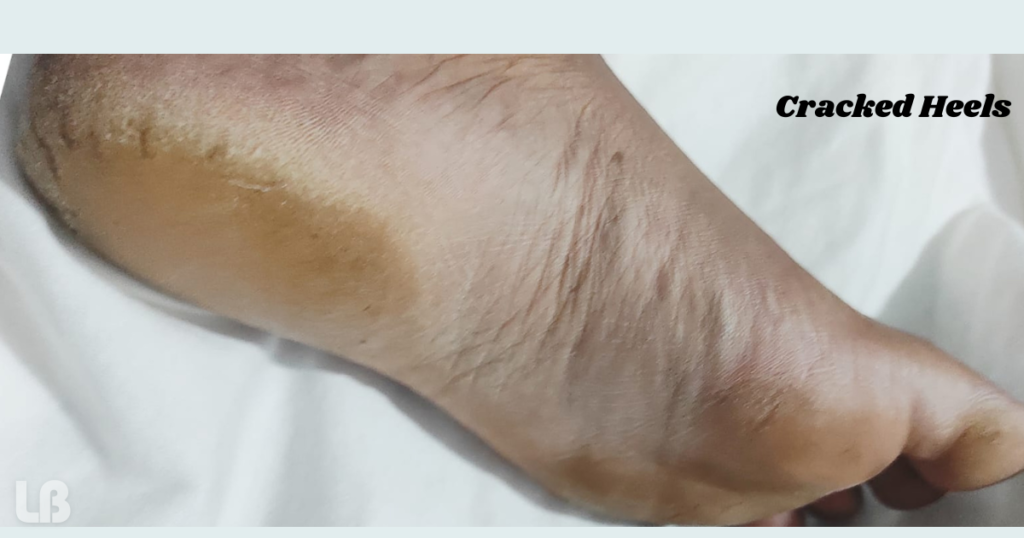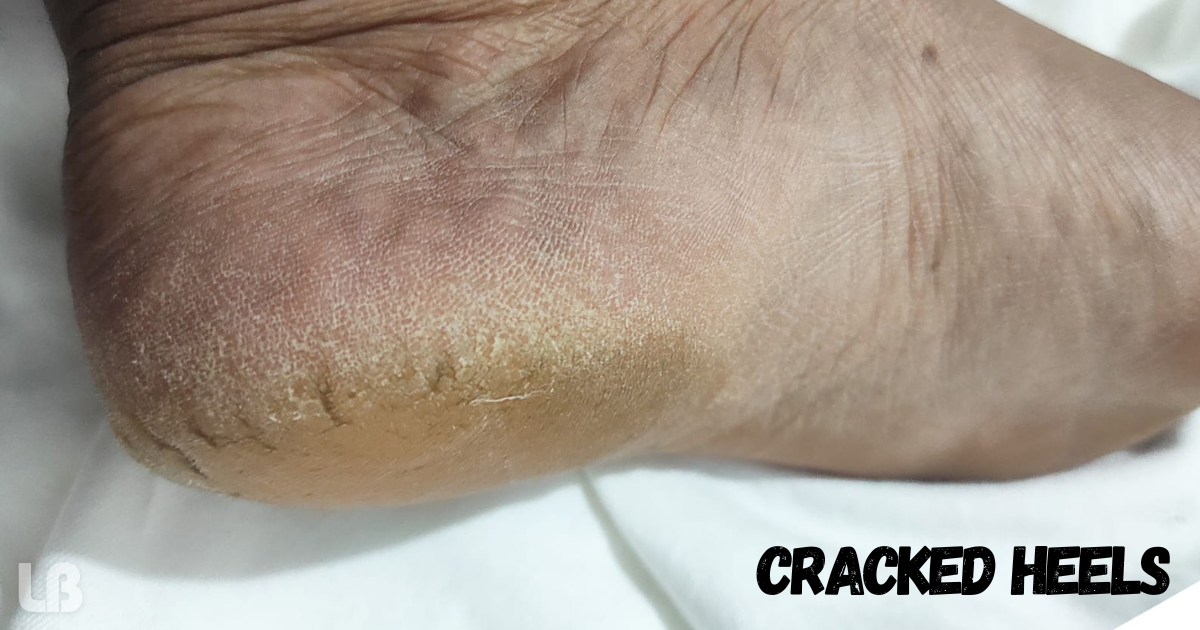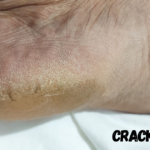how to fix cracked heels permanently Are cracked heels making you hide your feet in shame? You’re not alone. Many people suffer from dry, cracked heels, especially during colder months or after long periods of wearing sandals. But here’s the good news: fixing cracked heels permanently isn’t just a dream—it’s entirely possible! With the right combination of home remedies, lifestyle changes, and, if necessary, medical treatments, you can achieve soft, smooth feet that you’ll be proud to show off. Let’s dive into how you can get those beautiful heels back on track!
Table of Contents
Understanding Cracked Heels
What Are Cracked Heels?
Cracked heels, also known as heel fissures, occur when the skin on the bottom of your feet becomes dry, thick, and rough. This can lead to painful cracks that can even bleed if not treated properly. While it might seem like a minor issue, cracked heels can become a significant problem if left untreated.how to fix cracked heels permanently
Common Causes of Cracked Heels
Cracked heels can result from various factors, including:
- Dry Skin: The skin on your heels naturally lacks oil glands, making it prone to dryness.
- Prolonged Standing: Standing for long periods, especially on hard floors, can cause heels to crack.
- Improper Footwear: Open-backed shoes like flip-flops can contribute to dry, cracked heels.
- Health Conditions: Conditions like diabetes, obesity, and eczema can make you more susceptible.
How to Fix Cracked Heels Permanently
The key to fixing cracked heels is a consistent routine that focuses on moisturizing, exfoliating, and protecting your feet.how to fix cracked heels permanently
Home Remedies for Cracked Heels
1. Exfoliation with Pumice Stone
One of the most effective ways to treat cracked heels is through regular exfoliation. Use a pumice stone to gently scrub away the dead skin cells, which helps reduce thickness and prevents cracks from getting worse. Be sure to soak your feet in warm water for 10-15 minutes before exfoliating to soften the skin.
2. Soaking Feet in Warm Water
A soothing foot soak not only feels great but also softens hard skin. Add Epsom salts or a few drops of essential oils like lavender or peppermint to enhance the healing process. After soaking, pat your feet dry and immediately moisturize to lock in the hydration.
3. Moisturizing with Natural Oils
Natural oils like coconut oil, olive oil, and almond oil are excellent for moisturizing dry heels. These oils penetrate deep into the skin, providing essential nutrients that promote healing. For best results, apply the oil before bedtime and wear socks to keep the moisture in overnight.
4. Using Foot Creams with Urea
Foot creams containing urea are fantastic for softening and moisturizing tough skin. Urea is a keratolytic, meaning it helps break down thickened skin while providing intense hydration. Look for creams with at least 10% urea for maximum effectiveness.
Diet Changes to Improve Heel Health
1. Increase Water Intake
Staying hydrated is crucial for healthy skin, including the skin on your feet. Make sure you’re drinking enough water daily—aim for at least 8 glasses—to keep your skin soft and supple.
2. Incorporate Omega-3 Fatty Acids
Foods rich in Omega-3 fatty acids, such as salmon, walnuts, and flaxseeds, can help improve skin health from the inside out. These fats keep the skin moisturized and reduce inflammation, which can prevent cracks.
Proper Footwear Choices
1. Avoid Open-Back Shoes
Open-back shoes, like flip-flops and sandals, provide little to no support and expose your heels to drying elements. Opt for closed, cushioned shoes that support your feet and keep your heels protected.
2. Choose Supportive and Cushioned Footwear
Shoes that provide good arch support and cushioning are essential for preventing heel fissures. Avoid walking barefoot on hard surfaces and choose shoes that keep your feet comfortable all day long.
Medical Treatments for Severe Cases
Sometimes, home remedies just aren’t enough. If your cracked heels are severe, it might be time to seek medical treatment.
When to See a Doctor
If your heels are deeply cracked, bleeding, or showing signs of infection, consult a healthcare professional. Delaying treatment can lead to more serious complications.how to fix cracked heels permanently
Prescription Creams and Treatments
Doctors can prescribe stronger creams with higher concentrations of urea or lactic acid to speed up healing. In some cases, they may recommend steroid creams to reduce inflammation and pain.
Professional Pedicures for Cracked Heels
A professional pedicure from a licensed esthetician can be a great way to kickstart the healing process. They can safely remove thick skin and recommend the best products to maintain your foot health.
Prevention Tips for Cracked Heels

Regular Foot Care Routine
Maintaining a regular foot care routine is the best way to prevent cracked heels. This includes daily moisturizing, weekly exfoliation, and wearing the right shoes.
Keeping Feet Moisturized
Make moisturizing your feet a daily habit. Apply a thick foot cream or oil right after bathing when your skin is still damp to lock in moisture.
Avoiding Harsh Soaps and Detergents
Harsh soaps can strip your feet of natural oils, leading to dryness. Opt for gentle, moisturizing cleansers that won’t irritate your skin.
“Welcome to luminblooom.com!
Beauty, simplified. Remedies, reviews, and rituals for a radiant you.
Unlock your natural glow with our expert tips and tricks.








